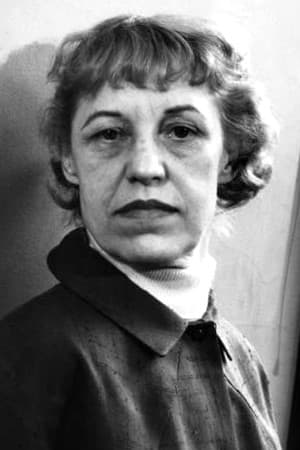
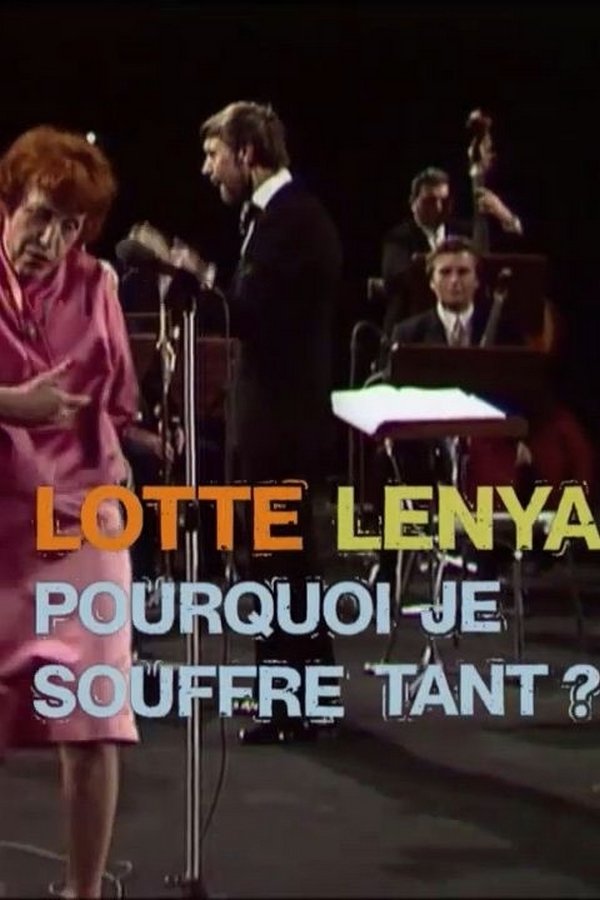

Companion programme to Gregory Porter's Popular Voices (2017) in which Gregory Porter introduces a selection of live performances culled from the BBC archives.
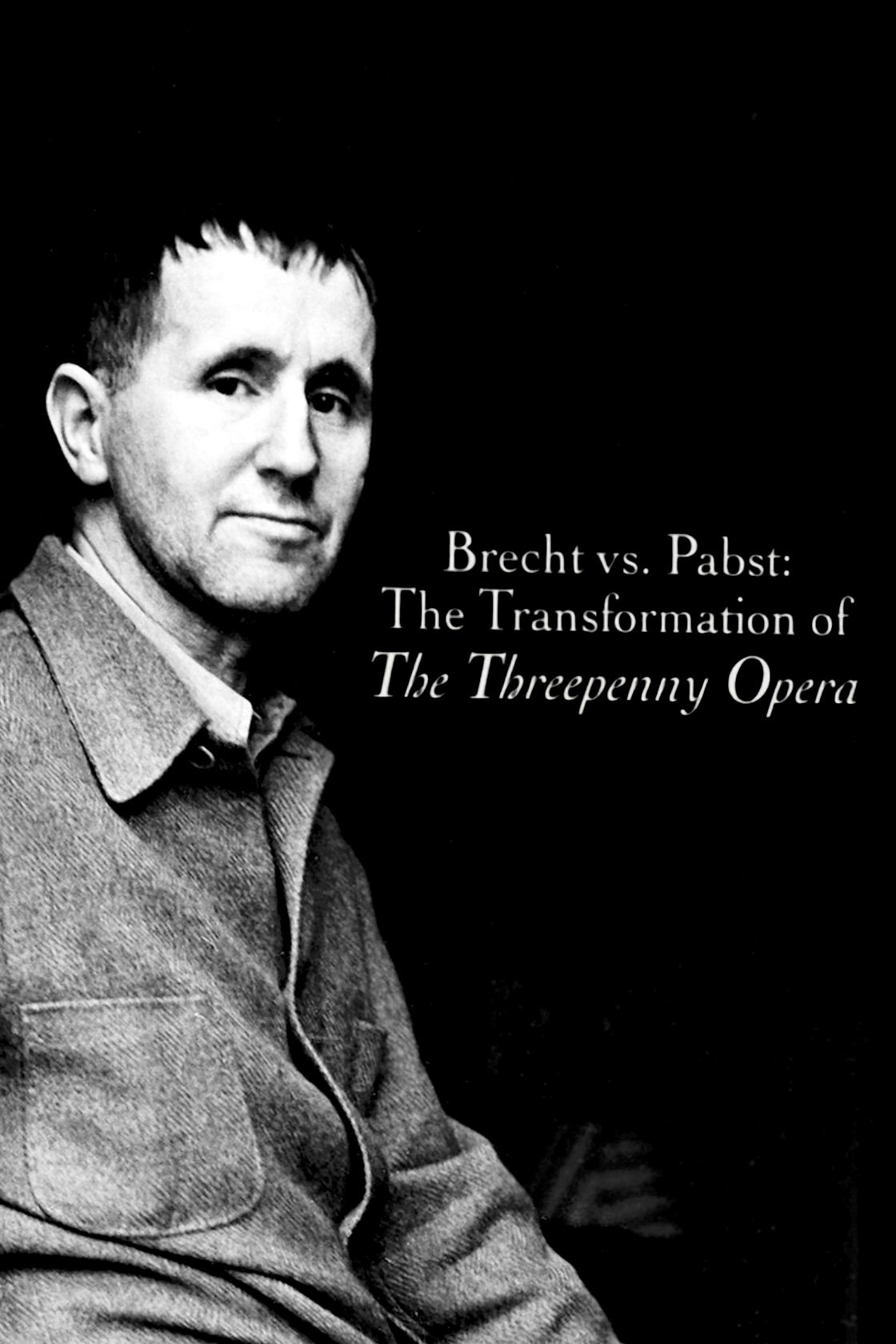
The documentary traces the tragic story of the "Threepenny Opera" from stage to screen and ultimately to the bitter lawsuit between Bertolt Brecht and the film producers.

Filmmaker Larry Weinstein stages a wide range of performances in tribute to the compositions of Kurt Weill.
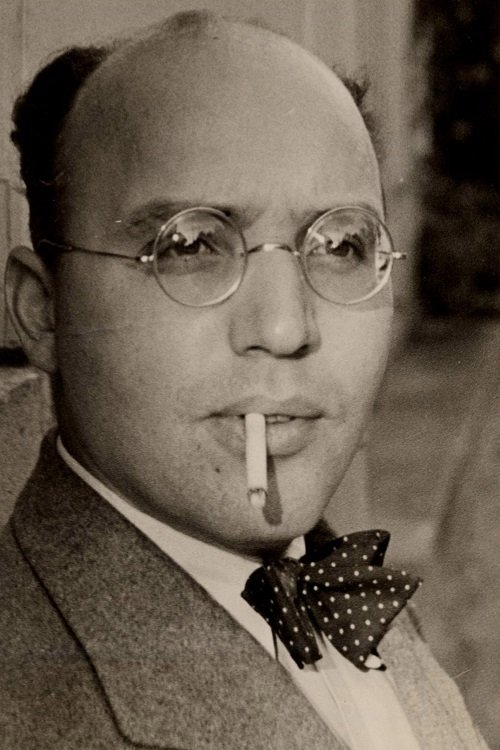
The story of Kurt Weill 's relationship with the American popular theatre. During his years in exile on Broadway, the composer of Mack the Knife and The Alabama Song, who personified decadent Berlin, found a new life in New York, creating such standards as September Song and Speak Low. Director Barrie Gavin describes the film as "the history of an artist ... struggling to write music which could have real meaning for the society he had just joined." Weill is remembered by the conductor Maurice Abravanel and the actor Burgess Meredith and there are extracts from several of his works.
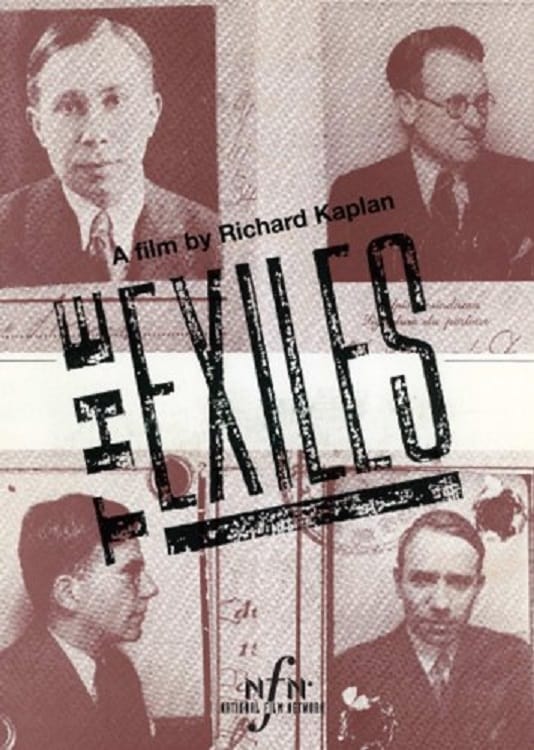
A chronicle of the rescue of oppressed intellectuals and artists from Europe before the outbreak of World War II. It studies the cultural and intellectual impact of this emigre population on American life.
From Wikipedia, the free encyclopedia. Lotte Lenya (18 October 1898 – 27 November 1981) was an Austrian singer and actress. In the German-speaking and classical music world she is best remembered for her performances of the songs of her husband, Kurt Weill. In English-language film she is remembered for her Academy Award-nominated role in The Roman Spring of Mrs. Stone (1961) and as the sadistic Rosa Klebb in the James Bond movie From Russia with Love (1963). Description above from the Wikipedia article Lotte Lenya, licensed under CC-BY-SA, full list of contributors on Wikipedia.
By browsing this website, you accept our cookies policy.